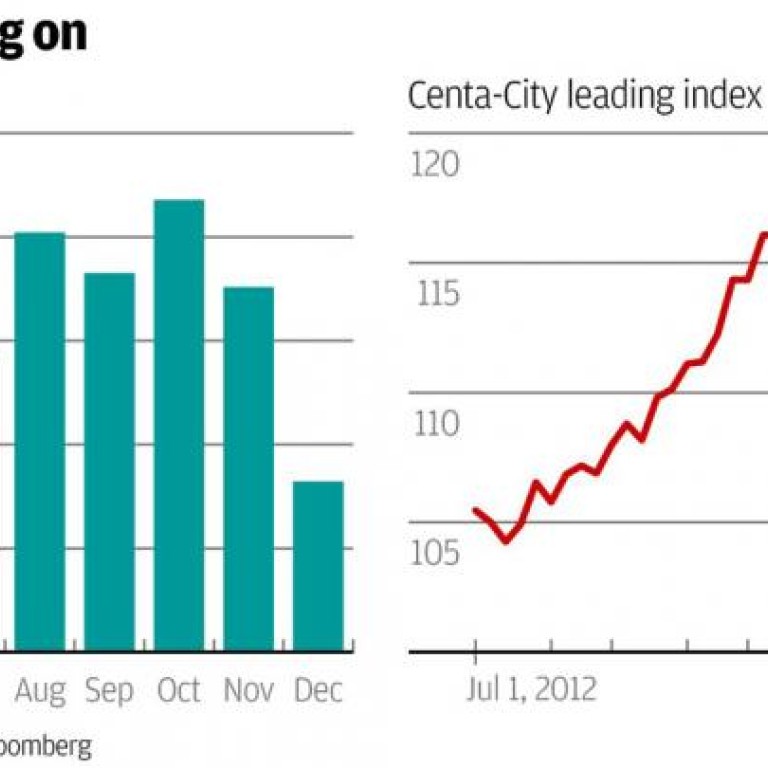
Early signs suggest new stamp duties haven't reined in prices
While sales have slumped in the wake of the levy, strong interest from wealthy locals in buying second flats has helped support home prices
At the end of October, the Hong Kong government slapped a punitive 15 per cent stamp duty on all non-resident and corporate buyers of residential properties in an attempt to make homes in the city more affordable for locals. More than two months later, we are beginning to get a taste of how the policy is working.
Clearly the new stamp duty, introduced at the same time as tax rates on quick sales were jacked up, is having an appreciable effect.
We can see that simply by looking at transaction volumes in the residential market. In November, immediately after the new duty's introduction, sales fell by almost 20 per cent compared with the month before. In December, they slumped another 50 per cent.
No doubt some of this fall was because of seasonal factors. December is seldom a great month for home sales. But transaction volumes last month were also down by 24 per cent compared with December 2011, which suggests the punitive tax rates are indeed deterring some would-be buyers.
What's more, although sales dropped across the board, the greatest falls took place at the pricier end of the market among flats worth HK$5 million or more. And November's numbers indicate that the slide in volumes was concentrated disproportionately in the primary market.
So it looks as if the punitive tax rates are succeeding in scaring away speculative buyers and those who don't hold Hong Kong permanent residency.
But it doesn't follow that deterring non-resident purchasers will make homes more affordable for locals.
Given the influx of foreign professionals into the city over the past few years, especially from crisis-hit Europe, it seems likely that many of the would-be buyers lacking permanent identity cards were not the out-of-town speculators of local legend, but recently arrived families making a life in the city.
If they can't buy, those families will naturally turn to the rental market, and that will tend to push rents higher.
It's hard to tell from the sketchy data so far, but this may be what we are seeing. According to the Ratings and Valuation Department, rents on flats with a floor area between 750 and 1,100 sqft rose 1.3 per cent in November. Annualised, that equates to an increase of 17 per cent.
Normally we are used to the idea that rising property prices tend to push rents higher. But the tail can also wag the dog.
A higher rental income makes it more attractive for existing owners with permanent residency to remortgage their homes and use the proceeds as a down payment on a second flat that they then rent out.
And that's what appeared to happen in November, with the number of refinancing mortgages jumping to its highest level in 17 months.
Stronger interest from wealthy locals in buying second flats, combined with the deterrent effect of the government's special stamp on sellers, adds up to some significant support for home prices, especially in the secondary market.
As a result, it should be little surprise that according to official figures, residential prices continued to grind higher in November, despite the government's efforts to massage them down.
And it looks as if the trend may have continued through December. The leading index of residential prices compiled by Centaline Property Agency has now climbed by 1.25 per cent since the late October imposition of the buyers' stamp duty on non-residents.
It's early days yet, of course. But it seems that despite a steep fall in transaction volumes in the primary market, the government's attempts to cool the property market have done nothing yet to make prices more affordable.
In fact, if the Centaline index is anything to go by, after an initial dip, home prices have already resumed their upward march.

